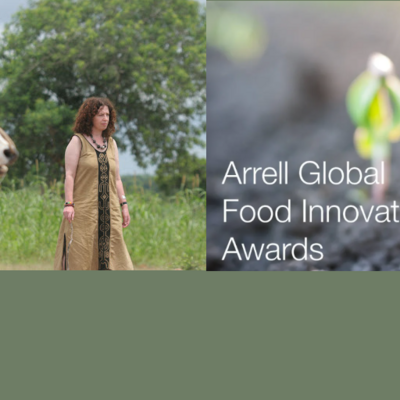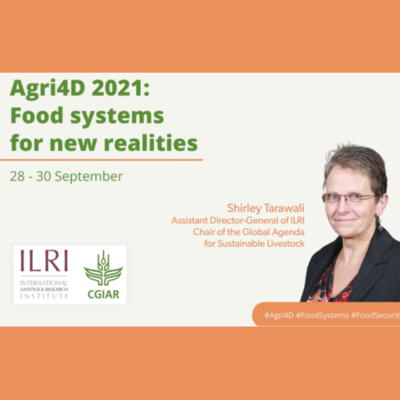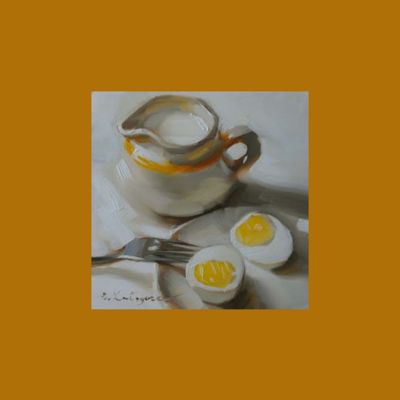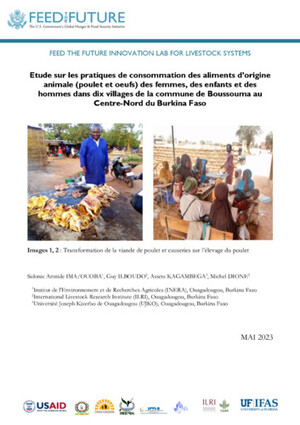
Food—a ‘hyper-local issue’—needs to keep MOVING, ‘from farm to fork’, says the World Bank’s Juergen Voegele
Pablo Picasso, The Soup, detail, 1902–1903.
Keep food moving,
from farm to fork,
in a safe and affordable way.
—Juergen Voegele
On a recent World Bank ‘Voices’ blog, German agricultural economist Juergen Voegele, World Bank vice president for sustainable development, said that with the emptying of supermarket shelves and the sweeping travel bans being put in place to try to stem the spread of COVID-19, one might deduce that global food supplies were low.
That’s not the case, he says. He implies that what is low is trust in the global food system.
There is plenty of food, globally, to go around.
The real risk is from export restrictions—behavior from exporting countries that urgently needs to stop. . . .
[W]hat can we learn from the past —and from each other— to keep food moving in a time of fear and confusion caused by the coronavirus? . . .
Food security does not stop at well-stocked markets and supermarkets—we need to worry about the domestic purchasing power of the poorest. . . .
[E]xport bans—they are the wrong policy response and risk making things worse. . . .
Given historically high food stocks, export bans will cause unnecessary harm and only exacerbate the economic and social impacts of the COVID-19 crisis. . . .
Read the whole article by Juergen Voegele, Three imperatives to keep food moving in a time of fear and confusion, World Bank Voices blog, 3 Apr 2020.
Juergen Voegele led an acclaimed project on Loess Plateau watershed management in China and managed a multi-sectoral team that disbursed more than USD1 billion to 70 projects in response to the global avian influenza crisis. He is chair of the CGIAR System Council Board, which oversees 15 CGIAR agricultural research centres and their many partnerships programs tackling poverty, food and nutritional insecurity and natural resource degradation in the developing world.
The International Livestock Research Institute (ILRI) is a member of CGIAR.


















